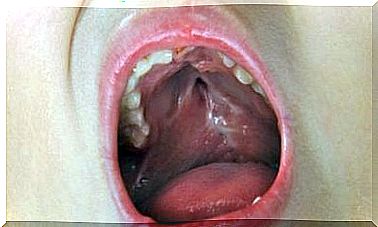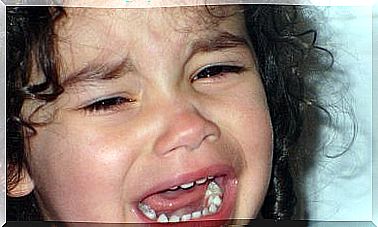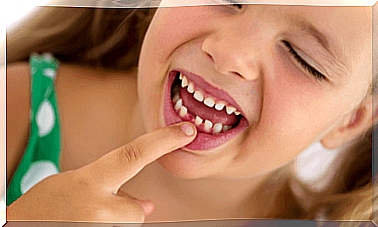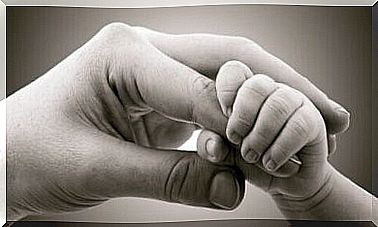How Does Cigarette Smoke Affect The Baby?

Many women smokers are unable to quit during pregnancy. There is a myth that even five cigarettes a day pose no real risks. In fact, this is a very common mistake, sometimes supported by the obstetricians themselves.
At the base of this myth is the belief that withdrawal symptoms will be worse than carbon monoxide damage. On the other hand, if a pregnant woman lives among smokers, her own health and that of her baby may also be affected.
Knowledge about how cigarette smoke affects the baby is necessary to raise awareness and reverse the damage that influences the entire perinatal period of the baby to be born.
The risks of smoking during pregnancy include a greater propensity to suffer from gestational malformations. The unborn baby is also being deprived of much of the protection against various infections that children have.
The vulnerability to which the baby is exposed extends to the first months after birth, when the chances of sudden death are greater for him. On the other hand, it is believed that cigarette smoke also alters the DNA of the fetus, causing disorders such as infertility in childhood and adulthood.
How does cigarette smoke affect the baby?
Specifically, cigarettes introduce more than six thousand different toxins into the mother’s body. Despite this, there are many pregnant women who smoke or are exposed to cigarette smoke on a daily basis. By doing this – both directly and indirectly – the main risk of smoke is the decrease in blood circulation around the placenta.
The drop in the mother’s blood flow causes the fetus to receive food of lesser quality and to a lesser degree. Consequently, this decrease in the fetus’ quality of life will be clearly reflected at birth.
For this essential reason, children will be more vulnerable to diseases such as otitis, bronchitis, severe respiratory infections and pneumonia.

Another risk for children is that they can develop congenital malformations, such as cleft palate or cleft lip, and heart problems. In addition, there is also the possibility of suffering from attention deficit or hyperactivity disorders. If the mother smoked heavily, the child may experience constant anger and irritation.
A side effect that harms the baby is the negative influence of cigarette smoke on breastfeeding. Smokers are at risk of producing less milk, and this phase – crucial for the baby’s growth – may take less time for them than for non-smokers.
In this sense, during breastfeeding, the greatest risk of smoking is cigarette smoke itself. For this reason, it is essential to allow at least 30 minutes to pass before breastfeeding, wash your hands and avoid smoke in front of the baby.
Main consequences for the baby
In summary, these would be the main consequences of cigarette smoke for the baby:
- Reduces blood circulation in the placenta.
- Risk of respiratory diseases at birth.
- Probability of malformations.
- Risk of psychological disorders: irritability, poor memory.
Changing the baby’s DNA
According to Stephanie London, an epidemiologist at the US National Institute of Environmental Health, cigarette smoke affects the DNA of babies born to smoking mothers. The research method consisted of studying 6,685 mothers and their babies. Of this total, 13% smoked during pregnancy.
The focus of this study was the umbilical cord, where there are cells with high regenerative power. The results indicated that the cord of babies whose mothers smoked during pregnancy had mutated in more than 6,000 positions compared to children of non-smokers.

To accurately establish how cigarette smoke affects the baby, experts found that the mutated genes corresponded to lung and nervous system development.
The DNA alteration tries to identify other genetic malformations, such as cleft palate or cleft lip. Anyway, genetic studies in relation to cigarette smoke and the human gestational process are still under development.
In conclusion, the baby’s life must remain free from cigarette smoke. Quitting smoking should be the main goal of pregnant women, especially when the addiction is very strong.
There are several tricks to quitting smoking during pregnancy that are not that complicated. The well-being of the unborn baby will depend on the determination with which the mother or the people who smoke around her strive to avoid cigarette smoke during this period.









